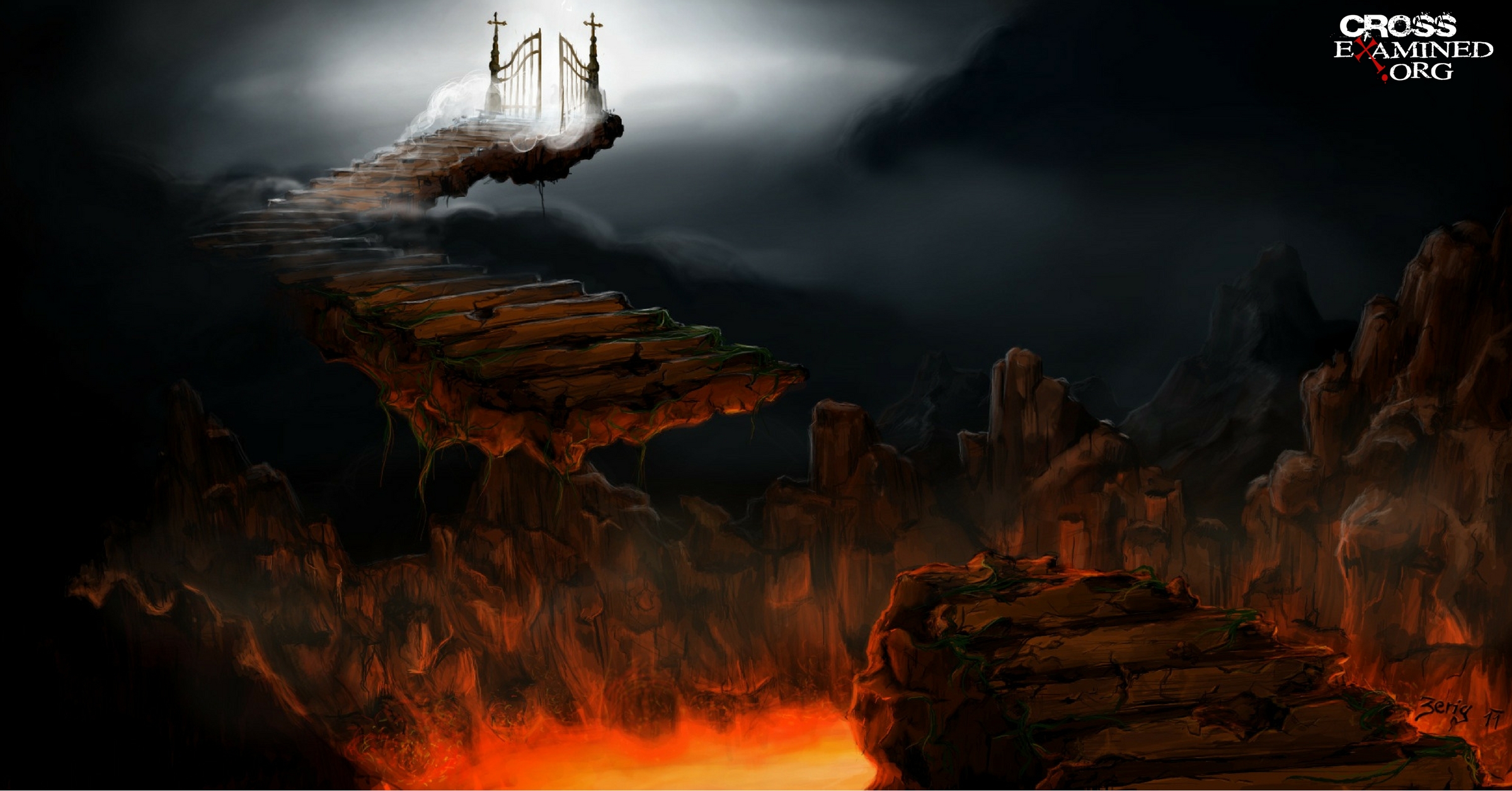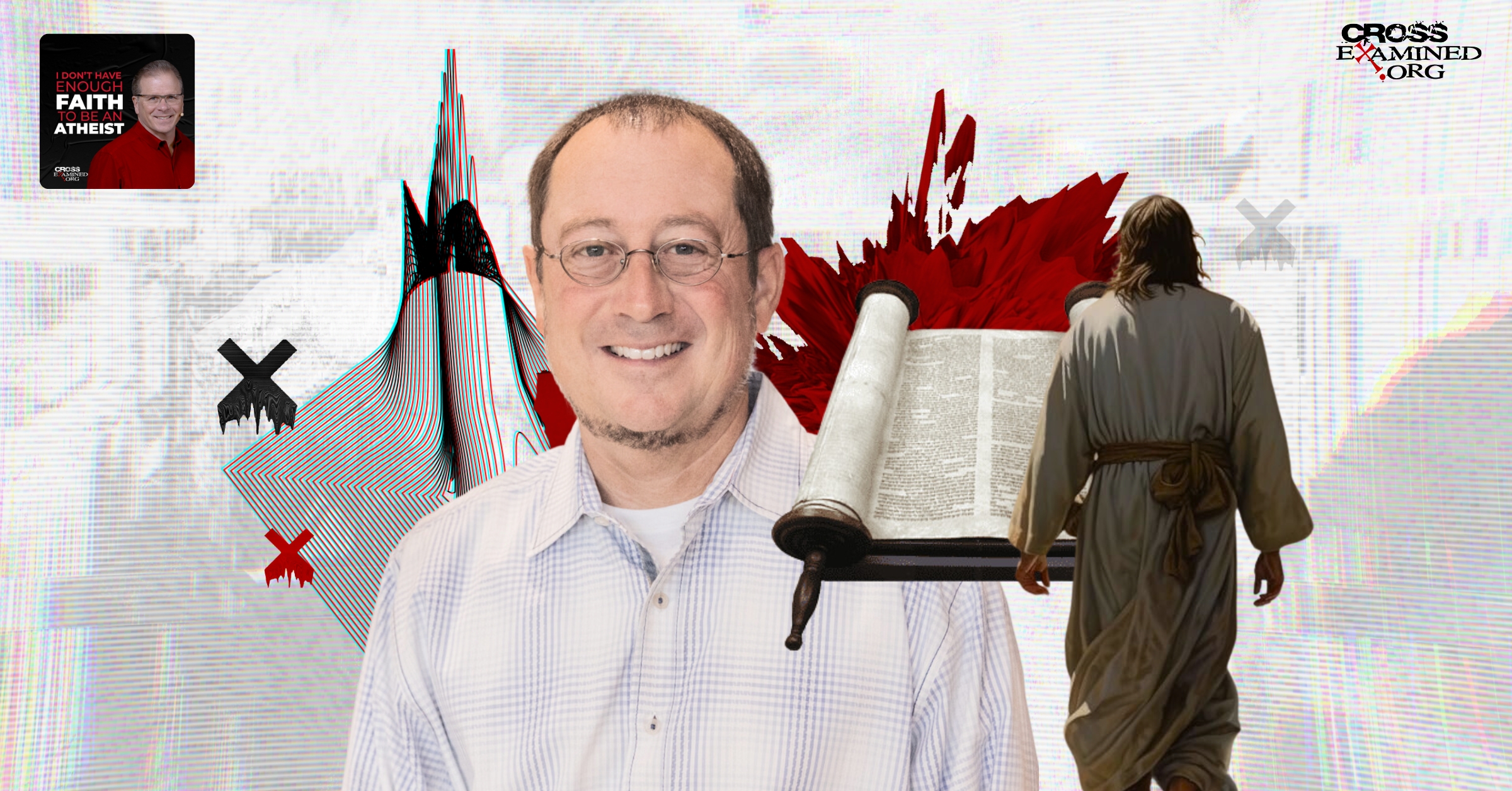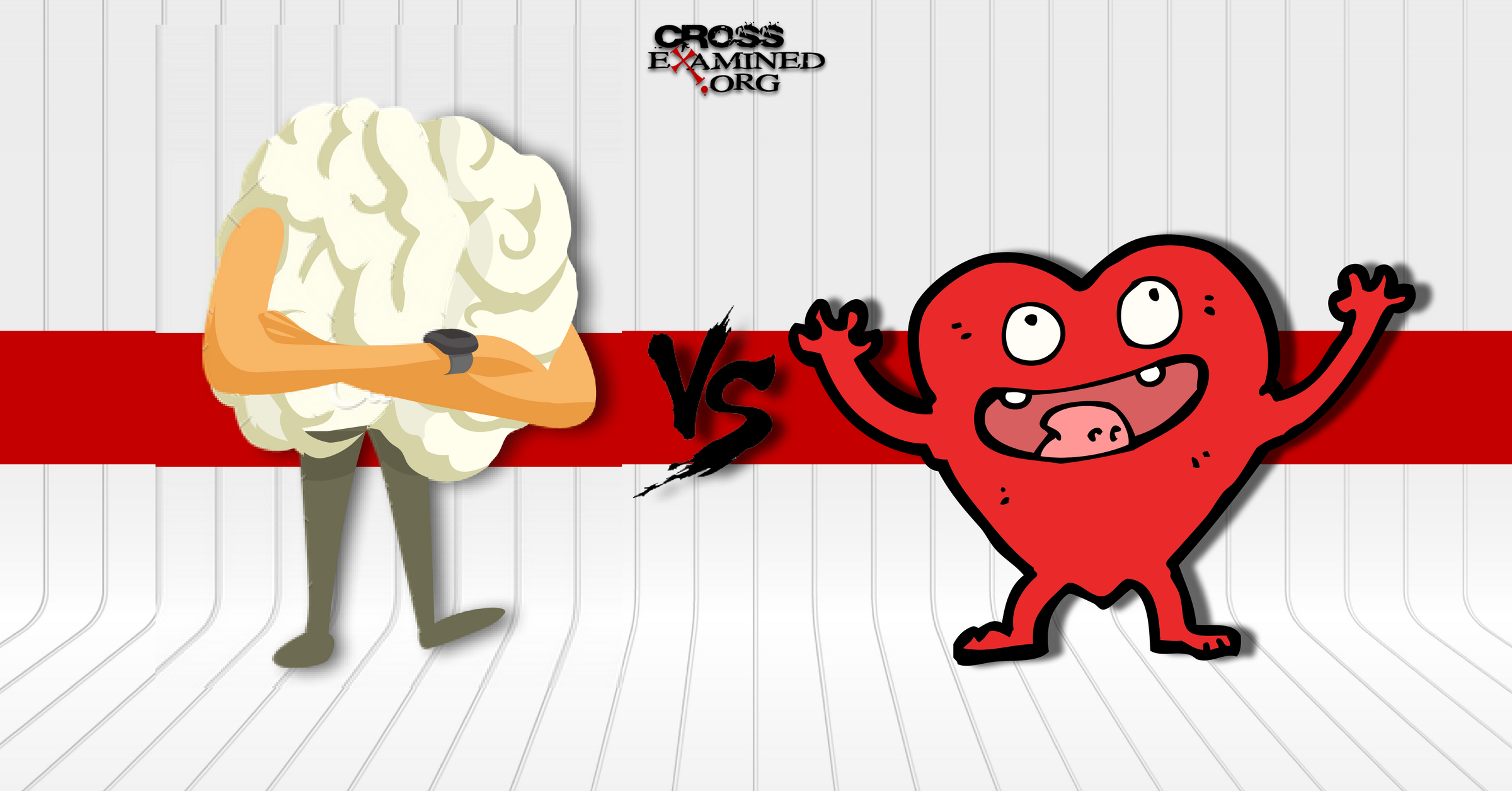Why Did a “Good” God Create Hell?
By Al Serrato
Many people today accuse God of unfairness. Since God can foresee the future, they ask, why didn’t He simply never create all those he knows to be destined to spend eternity in Hell? One skeptic I know put the question like this:
God supposedly knows everything that will happen before you are ever born, so if all your choices are set beforehand, how can they possibly matter? Furthermore, if God knows you will “choose” Hell before he creates you, why does he simply not create you? Personally, I would much prefer nonexistence to eternal torment. Is God deliberately creating people knowing they will end up in Hell? Then I would call him evil. Is he compelled to create people regardless of what he sees in their future? Then he doesn’t have free will, which would certainly be an interesting interpretation, but one I doubt many people share. Is there some other explanation? If so, I can’t think of it.
This challenge has a bit of intuitive appeal. It seems to put God in a box, as it were, trapped between being “evil” for choosing to create rebellious creatures or lacking free will, by being unable to do otherwise. Let’s take a closer look at the two horns of this apparent dilemma.
To the Christian, “evil” is the label we give to words, thoughts or actions that deviate from God’s perfect will. If we were created robots, there would be no evil in the world; we would operate exactly in accordance with God’s desires. But in creating man, God did something quite different. He gave us “free will,” the capacity to rebel against him in our thoughts, words, and actions. And rebel we did. God “foresaw” this development, but only in a manner of speaking – a manner focused upon the waywe think. This is because God is not bound by time. For him, there is no future to “foresee.” There is only an eternal present. All times – whether past, present or future – are accessible to him in this eternal present. Thus, at the moment of creation, God was aware that man would rebel, that he was rebelling, and that he had rebelled. He was aware of the acts and the consequences, the motivations, and the ultimate end, of everyone. Consistent with his nature for perfect fairness, he created a means by which man – though in rebellion and deserving punishment – could nonetheless find reunification with him. But in implementing this scheme, he did not force this choice upon us. He gives us the means to salvation but remains content in allowing us to choose which path we will follow.
Those who use their free will to turn toward him – more precisely, to accept his free gift of salvation – will find a welcoming father, ready to do the work needed to restore us. Those who use their free will to turn away from God – to reject his gift – will find that this choice too is honored. Expecting God not to create those in this latter category would have two significant effects: it would show that God’s provision of free will is really a fiction, since only those who choose to do his will are actually created, and two, it would mean that Hell is a place of evil. But Hell is a place – or perhaps more precisely a condition – which was created by God to serve a purpose. Since God does not create evil – i.e. he does not act against his own nature – then Hell cannot be a place of evil. Like a human prison, it may be inhabited by those bent on doing evil, but the place itself – and the confinement it effectuates – is actually a good, just as separating hardened criminals from society is a net positive for both the evil-doer and the society that is victimized.
Some will be tempted to argue that God should have forced this choice upon us anyway. Isn’t it better to be forced to love God than to spend eternity in Hell? Only, I suppose, if one believes it is better to be a robot than a thinking, self-aware and self-directed being. There is no middle ground. Either free will is something real – with consequences attendant to the choices we make – or it’s a fiction. One cannot have it both ways.
To recap: God is not trapped in an either/or dilemma. God is not “evil” for having created, because in the end, he treats his creation fairly, giving each what he or she deserves. Since he values free will enough to have given it to us, he apparently intends to make that gift real by allowing some to reject him. Likewise, God is not lacking in free will, because he is not “compelled” to create against his will. Since Hell is not a place for eternal torture, but an appropriate destination for all rebellious human beings, God does not violate his own nature – does not engage in “evil” – when he separates himself from some of his creation.
What this challenge brings into focus is not some internal inconsistency in our conception of God. No, what it highlights is just how different our thinking is as compared to God’s. For like the skeptic, many would view the decision to create nothing all – neither good nor bad people – to be a better – a more noble – alternative. Yet God sees things quite a bit differently, it seems.
In the end, that he views things differently should not really surprise us. Our judgment as to right and wrong, good and evil, has been corrupted by our rebellion. Since we all share this fallen nature, we should realize that we are not in the best position to render judgment as to the way eternal things “ought to be.” We wouldn’t ask a group of incarcerated rapists for guidance on issues of sexual mores; nor would we consult death row inmates for advice on how best to treat one another. Perhaps, in the same way, God has little need to consult with us to determine what ultimate “fairness” demands.
No, the Creator of the universe may occupy a slightly better position to judge matters eternal. We might be wise to heed him, rather than try to ensnare him in a “logical” trap.
Original Blog Source: http://bit.ly/2yXda71












Leave a Reply
Want to join the discussion?Feel free to contribute!